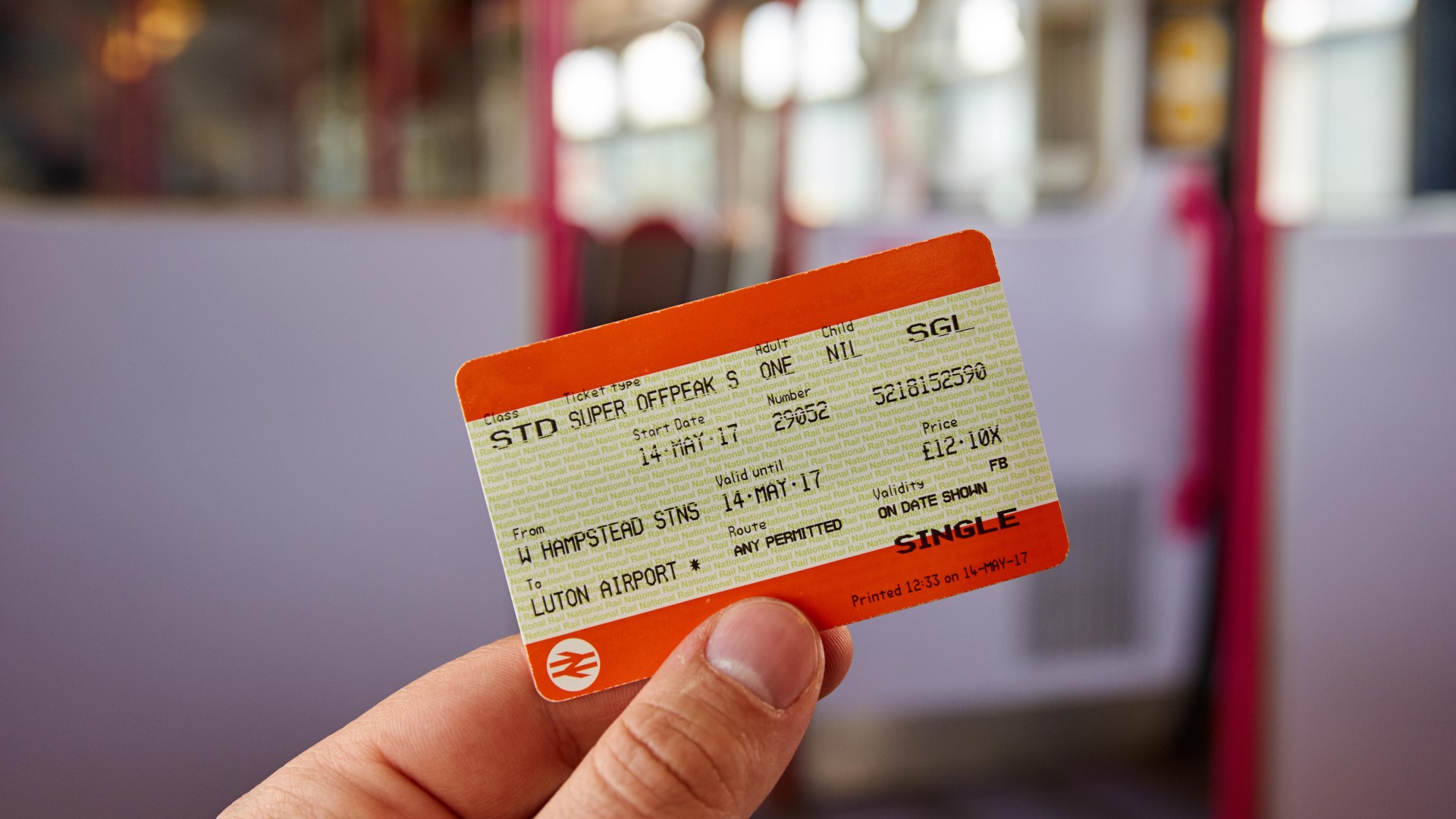TRAIN travel is set to get even easier in the UK thanks to a huge government shake-up.
The Department for Transport (DfT) has revealed plans for a huge new online ticket retailer ahead of the new Great British Railway (GBR).
First introduced in 2021 by former Transport Secretary Grant Shapps, the new scheme would launch by next year.
“After Great British Railways is established following legislation, it will retail online by bringing together individual train operators’ ticket websites.
“It will work alongside a thriving private sector retail market, where all rail retailers can compete in an open and fair manner.
“The private sector will continue to play a key role in driving growth through innovation and investment, and encouraging more people to choose rail.”
Read more on train travel
The government-backed scheme would allow a “fair and competitive” market although has yet to reveal how this would work.
The new website and app are yet to have a confirmed 2026 date but is expected to be late in the year.
It was also backed by Virgin Trains Ticketing, with director Mark Plowright saying they were an “advocate of a vibrant rail ticketing market as a competitive industry”.
He added: “There’s still much more work to be done to simplify rail tickets and make train travel less confusing for passengers, which is why Virgin Trains Ticketing continues to campaign for more straightforward ticketing.
“Consumers should be able to make informed decisions about the best ticket for them and all ticket retailers should have access to the same deals and offers to enable this.”
Current providers include Trainline, which offers train fares for all operator across the country.
A study in 2023 found that some online train ticker operators were charging as much as £6.45 per transaction.
This is despite it being a fee-free service when booking directly with the train line.
Train fares are expected to rise again this year, having increased by 4.9 per cent last March.
Predictions of a 4.6 per cent increase this year were announced back in October 2024.
And earlier this month, the DfT launched a huge rail sail which had up to 50 per cent off millions of tickets.
There is even a little-known Interrail style train pass in the UK that people don’t know about.
How to save money on train travel
The Sun’s Chief Consumer Reporter James Flanders shared his top tips
1. Buy season tickets ahead of price increase
A seven-day season ticket is likely to work out cheaper if you do the same journey on three or more days each week – but this can often be difficult to work out.
National Rail has a handy season ticket calculator on its website which can help you check if it’s worth it.
2. Get a railcard
Regular travellers could shave up to 60% off the price of a ticket each time with a railcard.
Those with a 16-25, senior (for over 60s) and “two together” (you and a friend or family member) railcard get a third off rail fares.
3. Book 12 weeks ahead
Network Rail releases its timetable 12 weeks in advance, so operators usually make their fares available at this time.
Just like plane tickets, the earlier you book the lower the price you’ll pay for your seat.
4. Split your tickets
An example is if you’re travelling from London Euston to Manchester Piccadilly a single ticket will cost £47.
But get two tickets from Euston to Crewe and then Crewe to Manchester, and it will cost £30.60, a saving of £16.40.
5. Try to book direct
National Rail’s website doesn’t sell tickets – but it does show the cheapest fare for your route and it’ll take you directly to the operator’s site.
The Ranger and Rover pass allows discounted travel across the UK, depending on the time period.
For example, the Freedom of Devon & Cornwall Rover allows unlimited travel across eight days during a 15 day period, costing £64.30 for adults.
Beach-goers can use the Kent Rover Pass for £45.
This includes unlimited travel across three days which includes seaside towns Margate and Folkestone.
A new train route has finally connected Bristol and Oxford, the first direct service in 20 years.
And we’ve looked back at 200 years of train travel in the UK – here’s how it’s changed in the past two centuries.












